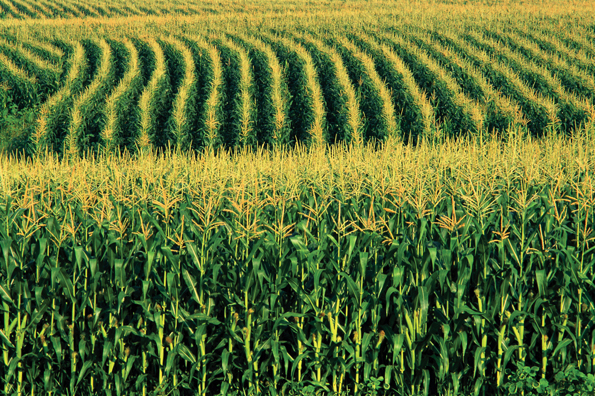Nebraska Examiner Press Release
BY: CINDY GONZALEZ
LINCOLN — Calling it a move to protect Nebraska’s ag industry, Gov. Jim Pillen on Tuesday announced his backing of three new legislative proposals — including one banning lab-grown meat from being produced in or sold in stores of the Cornhusker State.
“It’s important we get on the offense so that Nebraska farmers and ranchers are not undermined,” the governor, flanked by two state lawmakers, said during a Capitol news conference.
Pillen, Nebraska’s first active farmer elected as governor in more than a century, called agriculture the lifeblood of the state’s economy. He said that while most people want the government “out of our hair,” he believes the state should protect consumers and defend agriculture.
Of the proposed ban on protein food “grown in a petri dish,” Pillen said: “If somebody wants to eat that stuff, they’re welcome to it — they’re just not gonna find it in Nebraska grocery stores.”
Legislative Bill 246 was introduced at the request of the governor by State Sen. Barry DeKay of Niobrara. Seven state senators are listed as co-sponsors.
The bill takes aim at cultivated-protein food products, defined as: “a food product having one or more sensory attributes that resemble a type of tissue originating from an agricultural food animal but that, in lieu of being derived from meat processing, is derived from manufacturing cells or non-animal sources, including processes in which one or more stem cells are initially isolated from an agricultural food animal, are grown in vitro, and may be manipulated, as part of a manufacturing operation.”
Aggressive push
DeKay said plant-based burgers are not a target of his bill, and he said Nebraskans still could opt to buy lab-grown meat outside the state for delivery to their home.
Advocates of cultivated meat grown in a controlled environment cite potential benefits compared to conventional meat, including an environmental edge by using less land and water, accessibility, less contamination and no animal cruelty.

Pillen expects challengers: “Some might say, gee whiz, that seems to be a little aggressive.” He said he couldn’t rely on the free market or distinct labels, saying money and advertising can “sway the public in a direction that’s not healthy.”
He cited almond milk as an example.
“There is no way. It’s almond nut juice,” Pillen said. “It’s not milk, and it’s a full-blown attack on the milk industry. We’re going to be aggressive and not let that happen to the rest of the industries.”
Violators could be fined or prosecuted under the Nebraska Pure Food Act or Uniform Deceptive Trade Practices Act.
Pillen said the proposed ban follows his executive order this past summer that prohibited state agencies from procuring lab-grown or meat alternatives. His order also required entities that contract with the state to promise not to discriminate against natural products in favor of lab or cultivated meat producers.
Other changes sought
Also included in the trio of bills “to protect” agricultural, water, and resources is a proposal, to be introduced by State Sen. Tom Brandt of Plymouth, to merge two Nebraska state agencies.
Combining the Department of Environment and Energy with the Department of Natural Resources would improve a focus on water and natural resource management, said Pillen, whose family owns and operates a massive hog operation based in Columbus.
He had had no estimate of cost savings. Additionally, Pillen said he would create a governor’s task force on water quality and quantity.
If people became aware of how much water they used, the governor said he is sure they’d use less of the natural resource. He said the task force also will help the state “come to grips with our nitrate issues.” Ag producers in the state have faced some pushback form environmentalists and residents over the levels of nitrates found in water managed by local Natural Resource Districts.
State Sen. Mike Jacobson of North Platte said he planned to introduce, at the request of the governor, legislation that would protect data of Nebraska farmers and ranchers and keep the data from being sold to large publicly traded companies.
Neither the Brandt nor Jacobson bills have been formally introduced.



































